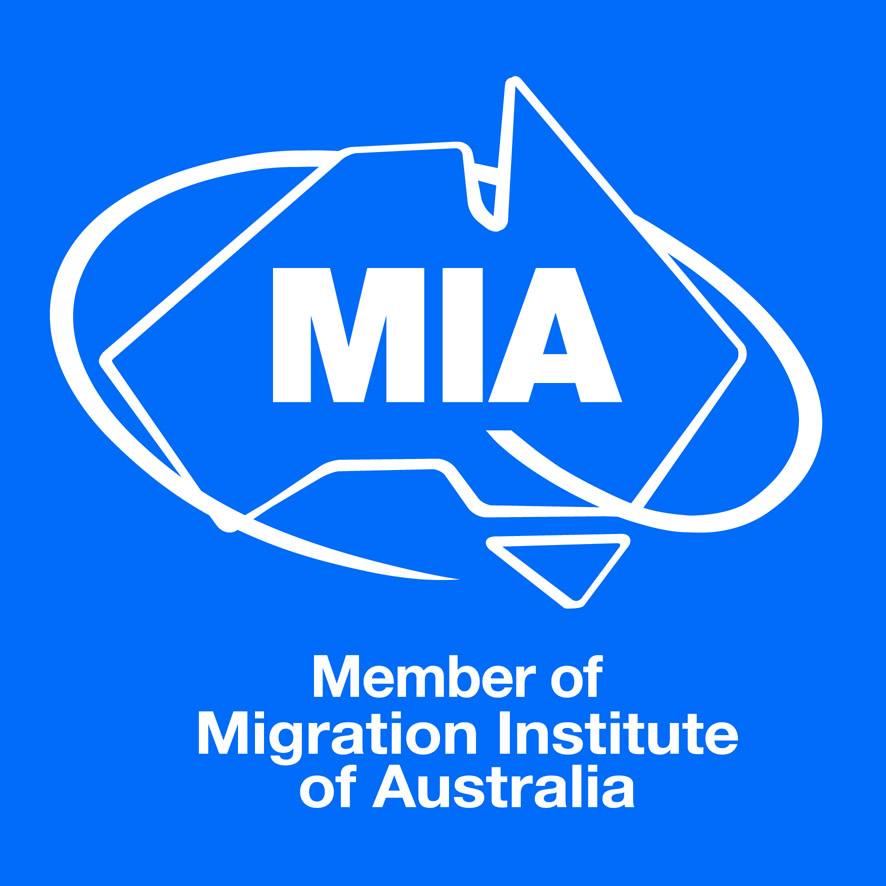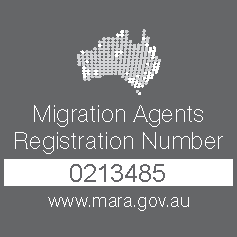Since Prime Minister Scott Morrison’s announcement that international travel would re-commence in November, many more details have been revealed.
While once international travel was a simple case of booking a flight and ensuring your passport and travel insurance was in order before hopping on a plane, the travel process now is far more complex.
So, what’s changed and what do you need to consider before you take to the skies?
Quarantine
When it was announced that international borders would open, 14-day hotel quarantine for unvaccinated travellers or those vaccinated with a vaccine not proved or recognised by the Therapeutic Goods Administration (TGA) still applied. Vaccinated Australians were eligible for 7-day home quarantine if available in their state. Each state and territory will be responsible for managing quarantine requirements. Last week, New South Wales Premier, Dominic Perrottet announced quarantine would no longer apply to fully vaccinated travellers arriving in Sydney.
Quarantine Services Australia (QSA)
Quarantine Services Australia is an industry-led and funded travel and quarantine service. Working with the Department of Home Affairs and relevant states and territories, its purpose is to manage a separate quarantine service to the current quarantine program for foreign skilled and unskilled workers and international students. This will hopefully address current labour shortages and enable international students to resume face-to-face study.
All QSA quarantine facilities will be approved by the relevant authorities and states and territories. Vaccination requirements will also be in line with the state or territory where the traveller is quarantining.
Digital Health Pass
Overseas travel will require travellers to have a Covid-19 test prior to travel and return a negative result. Discussions are underway about the introduction of the Digital Health Pass. Qantas is currently trialling several digital health apps. The aim of the digital health pass is to record Covid test results that can then be shown to airline staff at check in for international flights.
Vaccine Passport
From this week, Australian travellers will be able to access a digital vaccine passport that proves a travellers vaccination status anywhere in the world. The new certificate contains a secure QR code and can be downloaded from the MyGov website to a smartphone or printed. To be eligible for the vaccine passport, travellers will need to have proof of Covid-19 double vaccination and a valid passport. The certificate will be scanned by border officials in the country of arrival if requested.
Immediate family
Initially it was unclear who was considered immediate family of Australian citizens and permanent residents and thus able to travel into Australia. Overseas born parents of Australian citizens and permanent residents will now be considered immediate family.
As the date for open international borders draws closer, the anticipation of Australians grows. This is a very exciting time for Australians and travellers the world over.
If you have any questions relating to international travel and migration, contact the Visa Solutions Team on 1800 828 008
Travel Exemptions
While Australian borders are currently closed due to the COVID-19 pandemic, travel exemptions may apply under the following circumstances:
– A traveller has a compassionate or compelling reason to visit Australia
– Overseas workers holding a Subclass 482 or 400 visa are required to undertake a job in Australia that cannot be filled by a local employee
Visa Solutions Australia has been successful in acquiring a broad range of exemptions, from critical workers to those needing to travel on compassionate grounds.







